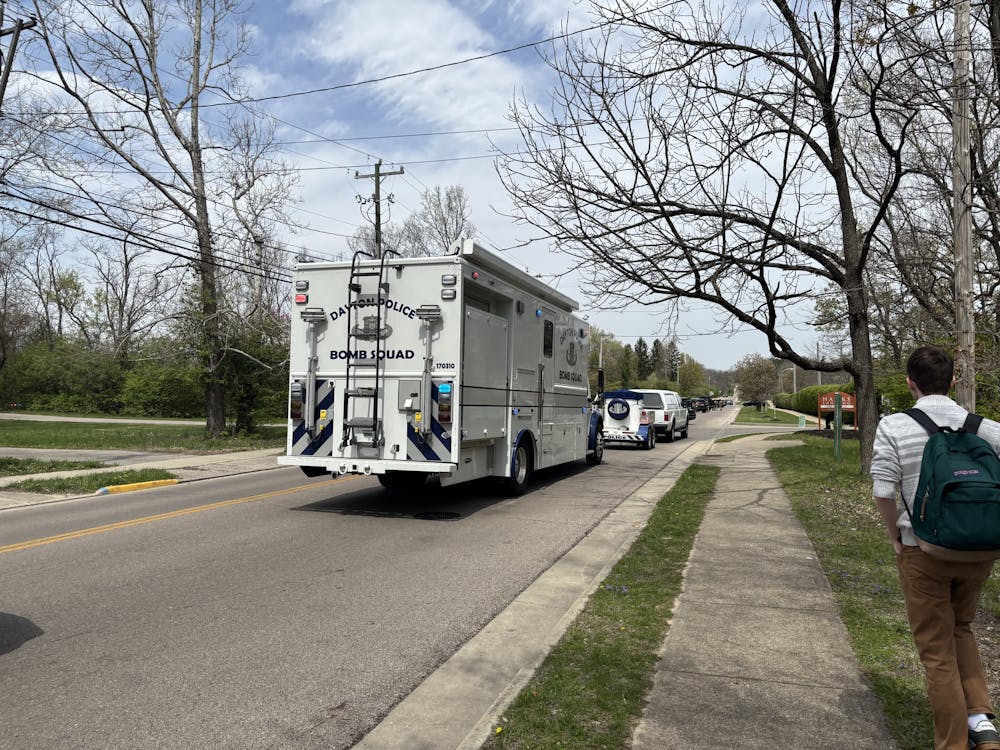Miami students can now utilize a university-sponsored resource before signing leases for off-campus housing that cost thousands of dollars. Over the past year, local landlords have worked with Off-Campus Outreach and Communication (OCOC), a university office within Student Affairs, to better inform student renters of their legal and social obligations.
The Tenant Education Program (TEP) is a non-mandatory, online workshop that can be accessed by any student on Canvas. Jen O'Brien, director of communications for student life, called it a valuable resource for students preparing to live off-campus.
"People have been learning the process through friends and older peers," O'Brien said. "There are lots of misconceptions."
The most common misconception is that there is a housing shortage in Oxford, O'Brien said. This myth encourages students to sign a lease as early as freshman year, before they have secured solid friend groups or finalized study abroad plans.
"Early lease signing is definitely the biggest issue," O'Brien said. "People are signing way too early before they figure out their plans."
The first module in the TEP, "Renting 101 & Lease Signing," addresses this issue head on. A lease signing timeline reveals that despite popular misconceptions, the majority of students wait until their sophomore year to sign a lease for junior housing.
The other modules entail guidelines on being a good neighbor, safety and parking protocols, as well as renters' rights and resources. Each module is followed by a short quiz, and students must receive a score of 80 percent or higher to receive a certificate of completion. The program typically takes between 30-40 minutes to complete.
Although the TEP is non-mandatory, many Oxford landlords have partnered with OCOC to provide incentives for completing it.
"We want the incentives to benefit both landlords and students," said Sarah Strayer, a graduate intern for OCOC.
Incentives include waived application fees, reduced security deposits, monthly rent discounts and swag bags. Nine landlords have pledged their participation since the program's soft launch in February.
Strayer said the TEP is a constantly growing and evolving program whose authors are working to be transparent with landlords.
Throughout the modules, various landlords provide advice about the Oxford leasing process in a section titled "Thoughts from a Landlord." Similarly, "Thoughts from a Student" include commentary from the 2017 Off-Campus Housing Survey.
Enjoy what you're reading?
Signup for our newsletter
Both O'Brien and Strayer said the TEP can help students already living off-campus. The "Renters' Rights and Resources" module includes a link to the Ohio Landlord-Tenant Law, which can be an important source during landlord-tenant disagreements.
Sean Perme, the ASG secretary for off-campus affairs, markets the program to the roughly 10,000 students currently living off campus. Perme said he wished the TEP was available when he signed his lease as an underclassman.
"When I was a freshman I knew where I'd be living the rest of college," Perme said. "It's such a great
resource and not that many people have heard about it."
Strayer said the TEP amounts to important lifelong lessons.
"Even peers out of college don't know what questions to ask or how to advocate for themselves with landlords," Strayer said.
The TEP emphasizes that a lease is a legally binding contract. Therefore, students could stand to lose thousands of dollars if they are ill-informed.
"[We want to] make sure students are making an informed decision when they lease," Strayer said.
creekce@miamioh.edu




